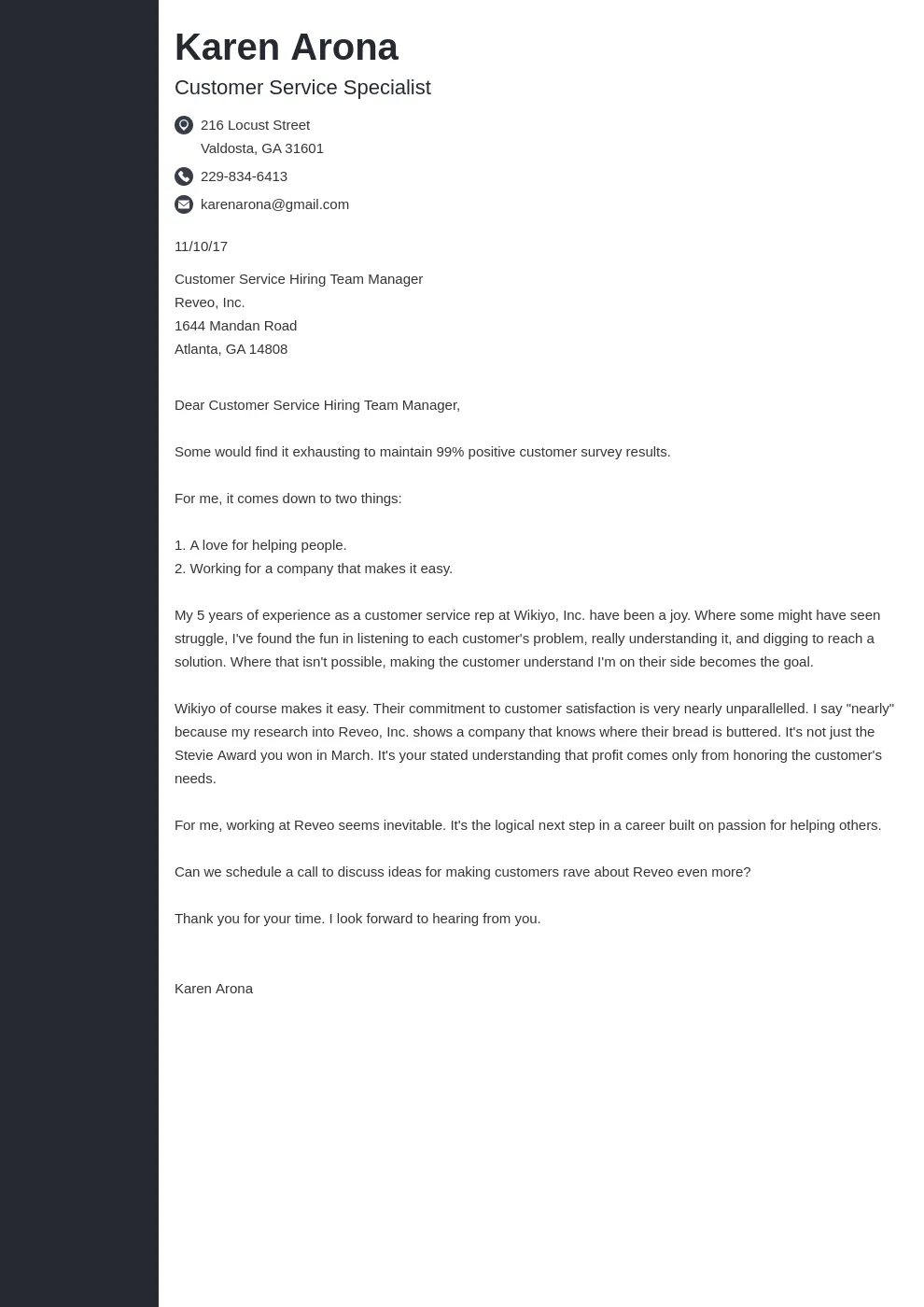Why Include Your Address on a Cover Letter
The question of whether to include your address on a cover letter is a common one in today’s job market. While it might seem like a minor detail, the presence or absence of your address can subtly influence how a potential employer perceives you. Including your address, when done correctly, can significantly enhance your application by demonstrating professionalism and attention to detail. The decision should be based on the context of your job application, your industry, and your comfort level with sharing personal information. Understanding the nuances can help you make an informed decision, giving you a competitive edge in the job application process. Furthermore, knowing the advantages of including an address and the potential drawbacks helps you to tailor your application to the specific job requirements and hiring manager’s preferences. Therefore, knowing when and how to include your address on a cover letter is a critical step in your job search.
Professionalism and Presentation
A well-formatted cover letter, complete with your address, often conveys a sense of professionalism. It shows that you pay attention to detail, which is a crucial skill in any workplace. A polished cover letter indicates that you have taken the time to present yourself in the best possible light. This is particularly important in industries where formal communication is the norm. A cover letter that includes your address is considered more complete and professional in the eyes of some employers. It’s a simple yet effective way to make a positive first impression and to stand out from other applicants who may not include this information. A well-structured letter, including your address, is a clear signal of your seriousness about the job and your commitment to presenting yourself professionally.
Demonstrating Attention to Detail
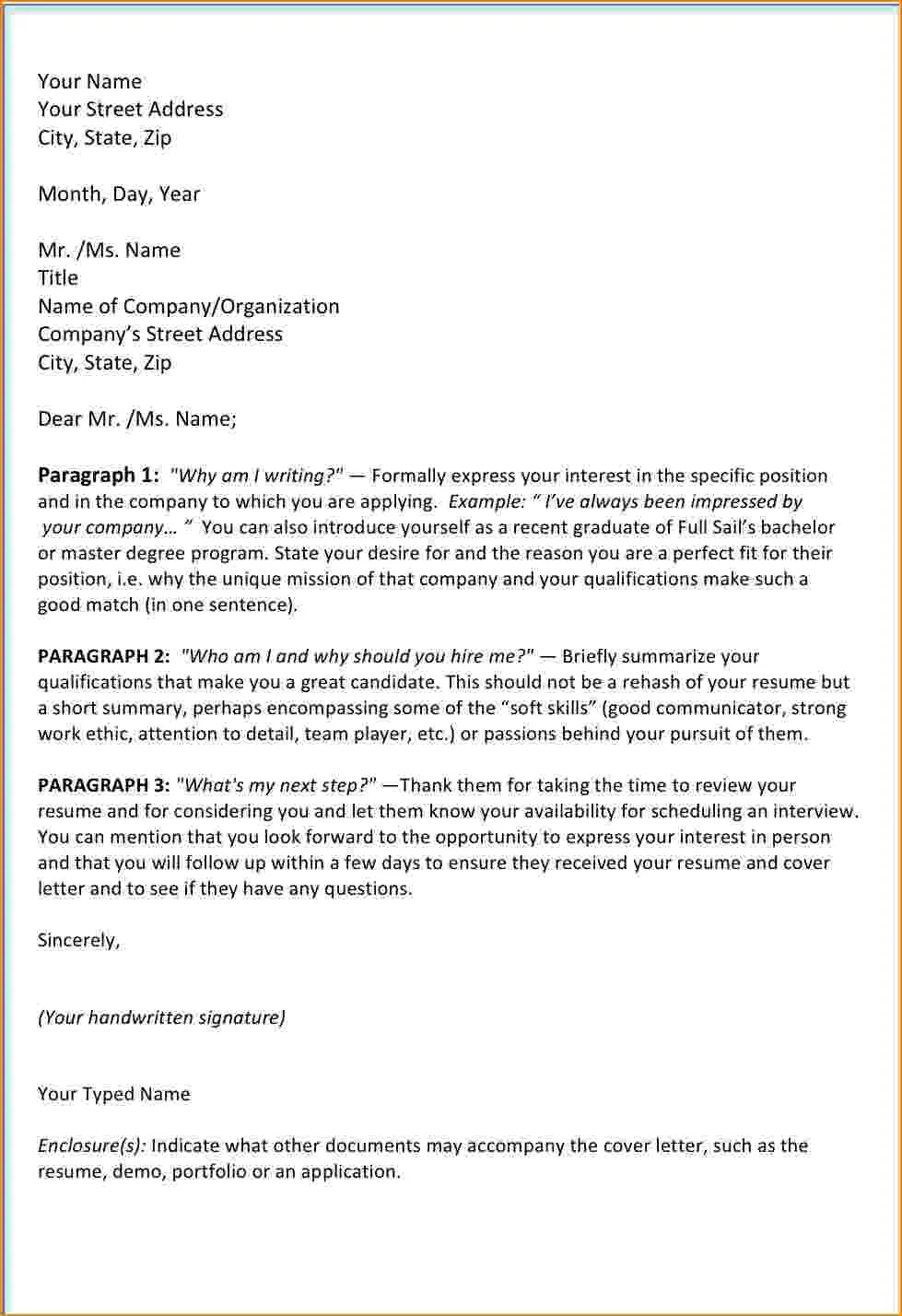
Including your address demonstrates that you have meticulously reviewed your application and haven’t missed any crucial details. This attention to detail is a valuable trait in any role, as it indicates your ability to follow instructions and take care in your work. Employers are constantly seeking candidates who show thoroughness. A cover letter with an address shows that you’re likely to approach tasks with the same level of care and precision. It shows that you’ve considered all aspects of your application. The inclusion of your address isn’t merely about providing contact information; it’s about showing that you understand and adhere to professional standards. This enhances your credibility and makes you a more attractive candidate.
Employer Expectations
In some industries, including your address on a cover letter is still considered standard practice. Traditional fields like law, finance, and government jobs often prefer a cover letter with a complete address. In these fields, the presence of your address signals your understanding of professional norms. Researching the industry and the specific company you’re applying to is crucial. Knowing the expectations of the hiring manager can influence your decision on whether or not to include your address. Even if not explicitly stated, some employers may subconsciously expect to see your address, and its absence might be viewed as an oversight or a lack of attention to detail. Your address can also be a factor in determining the suitability of the candidate for the job. Checking online forums and career advice websites for the specifics of the job you are applying to may help you to make the right choice.
The Advantages of Providing Your Address
Including your address on a cover letter offers several advantages that can enhance your application. While it might seem like a minor detail, its presence can significantly improve your chances of getting noticed and securing an interview. From ensuring easy communication to establishing trust and showcasing location awareness, knowing the advantages of including your address is crucial for tailoring your application to specific job requirements. Understanding these benefits helps you make a well-informed decision that gives you a competitive edge in the job search process. This will ultimately increase your chances of receiving a positive response from potential employers.
Easy Communication
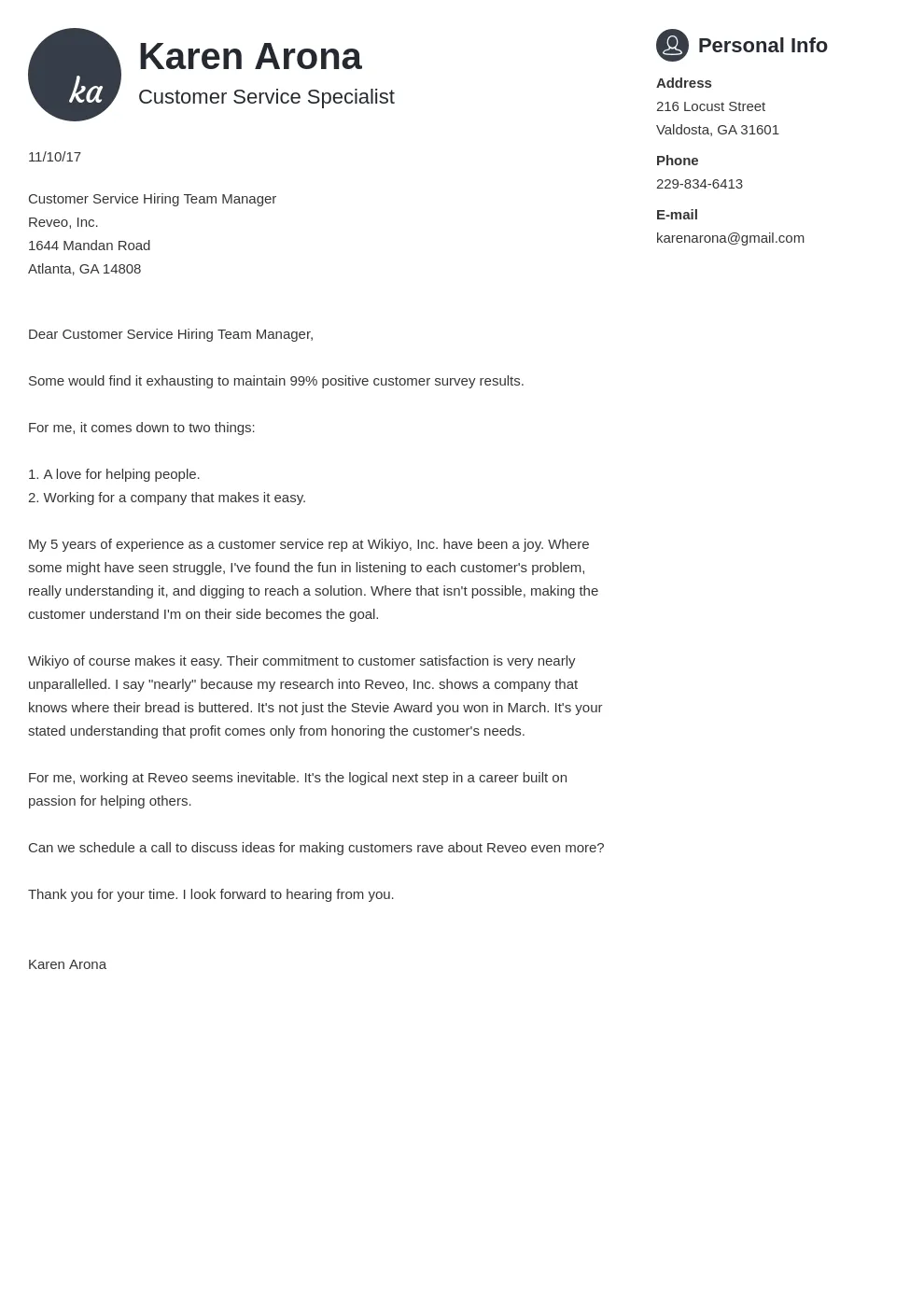
Providing your address can simplify communication. While email and phone calls are the primary methods of contact, there are still situations where a physical address is useful. For example, if the company needs to send you a physical letter, such as an invitation to an interview or an offer of employment, having your address readily available saves the employer time and effort. Additionally, it can make it easier for the hiring manager to prepare for your interviews. By including your address, you’re making it easier for the employer to reach out to you through various channels. It demonstrates your proactive approach to ensuring seamless communication during the hiring process. This is also important if you are applying for a government job, a financial sector job, or a legal job.
Establishing Trust and Credibility
Including your address can boost your credibility with potential employers. It provides a sense of legitimacy, showing that you are a genuine applicant and not a scam or a bot. For some employers, seeing a full address can create a sense of trust, as it demonstrates transparency and a willingness to share your personal information. This is especially true in industries that value integrity and professionalism. Sharing your address can signal your commitment to the application process. It can reassure employers that you are a real person and that you are serious about the job. It will reduce any potential security concerns from the employer side. Ultimately, providing your address adds a layer of authenticity to your application.
Location Awareness
Your address provides an immediate sense of your location, which can be advantageous in certain situations. If you’re applying for a job where proximity to the workplace is important, including your address can work in your favor. Some companies may prioritize candidates who live nearby due to ease of commute and reduced travel time. Knowing your location can give the employer a quick assessment of your suitability. This is most important in jobs that require in-person attendance, such as customer service, retail, and some technical roles. When you include your address, you allow the employer to make an informed decision, which might give you a competitive advantage over applicants who don’t provide this information. This ultimately showcases your awareness of the job’s practical requirements.
Situations Where an Address is Most Important

There are several scenarios where including your address on a cover letter is particularly important. Understanding these situations can help you tailor your application to maximize your chances of success. Certain industries and types of jobs often benefit from having your address readily available. It ensures seamless communication and may give you an advantage over other applicants. If you’re applying for a specific job in a local area, or if the job is in a traditional industry, including your address can demonstrate your attention to detail and willingness to meet their expectations. Deciding whether to include your address should depend on the specifics of the job, your industry, and your own preferences.
Applying for Local Jobs
When applying for jobs within your local area, providing your address is often beneficial. It quickly informs the employer of your location, which can be an advantage if the job requires in-person work. Employers might prioritize candidates who live nearby due to reduced commuting distances. This is particularly relevant for roles such as customer service, retail, and other positions where physical presence is required. Your address provides a clear indication that you are a suitable candidate for the job. It shows your awareness of the job requirements. It indicates that you are more readily available and committed to the role. Including your address signals your local presence and increases your chances of being considered for a position in your vicinity. Therefore, it makes a practical impact in the application process.
Traditional Industries
In traditional industries like law, finance, and government, including your address on a cover letter is often considered standard practice. These sectors have historically valued formal communication and a complete presentation of information. Providing your address helps you adhere to these established norms and demonstrates your understanding of professional etiquette. Employers in these industries often expect to see your address, and its absence might be perceived as an oversight. By including it, you show that you have taken the time to present yourself in the best possible light. This showcases your professionalism and commitment to their expectations. By including your address, you are signaling your awareness of industry standards and enhancing your credibility.
When to Consider Omitting Your Address
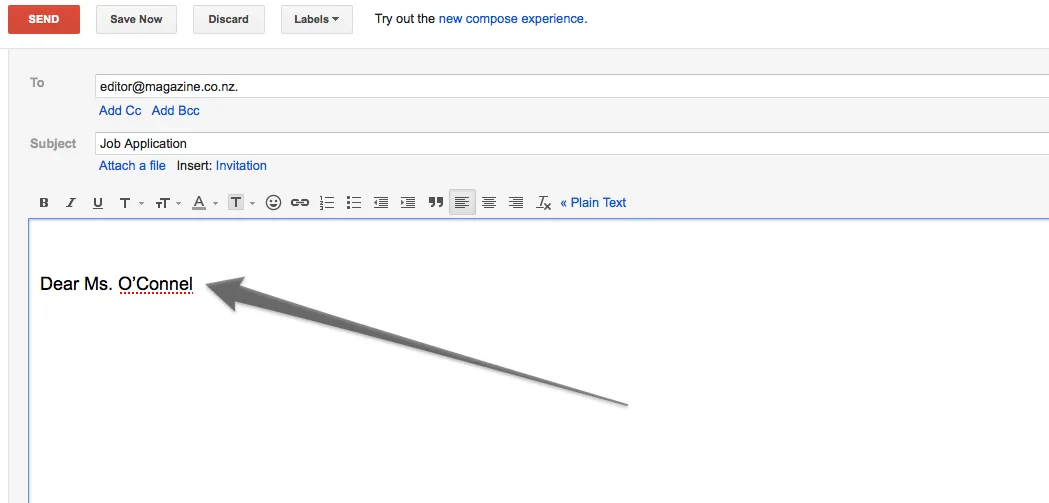
While there are benefits to including your address on a cover letter, there are also situations where it may be prudent to omit this information. The decision should be made based on your individual circumstances, industry norms, and personal preferences. Certain scenarios raise concerns about privacy or the practical application of the address. In today’s digital landscape, job searching is more complex, and understanding these considerations can help you make an informed decision that best suits your needs. Careful consideration of these factors will ultimately help you make the best choice for your specific job application. This ensures you are presenting yourself in the most favorable way while maintaining the privacy you desire.
Privacy Concerns
One of the primary reasons to consider omitting your address is privacy. In an era of increasing data breaches and identity theft, sharing personal information online can be concerning. If you are uncomfortable with potential employers having your physical address, it’s entirely acceptable to exclude it from your cover letter. By omitting your address, you reduce the risk of your personal information being misused. This is especially important if you are applying to companies or positions with whom you have no prior experience. Evaluate the privacy policies of the companies you’re applying to and consider your comfort level with sharing your address. Ensuring your privacy is a legitimate concern, and your job search should align with your personal preferences. You can still demonstrate your qualifications without compromising your personal security.
Online Applications and Digital Presence
In the age of online job applications, including your address on a cover letter is becoming less common. Many applications are submitted electronically. Information is primarily exchanged through email and online platforms. In many cases, your address is not required. Including it may seem redundant. In such instances, the emphasis is on your digital presence. Consider the specific instructions of the job application. You might be directed to provide your contact information in a separate section. If you’re applying online, it may be more important to optimize your online profiles. Make sure your digital presence reflects your qualifications, rather than including your address. In an increasingly digital world, understanding these nuances can help you tailor your application to suit the online environment.
How to Format Your Address on a Cover Letter
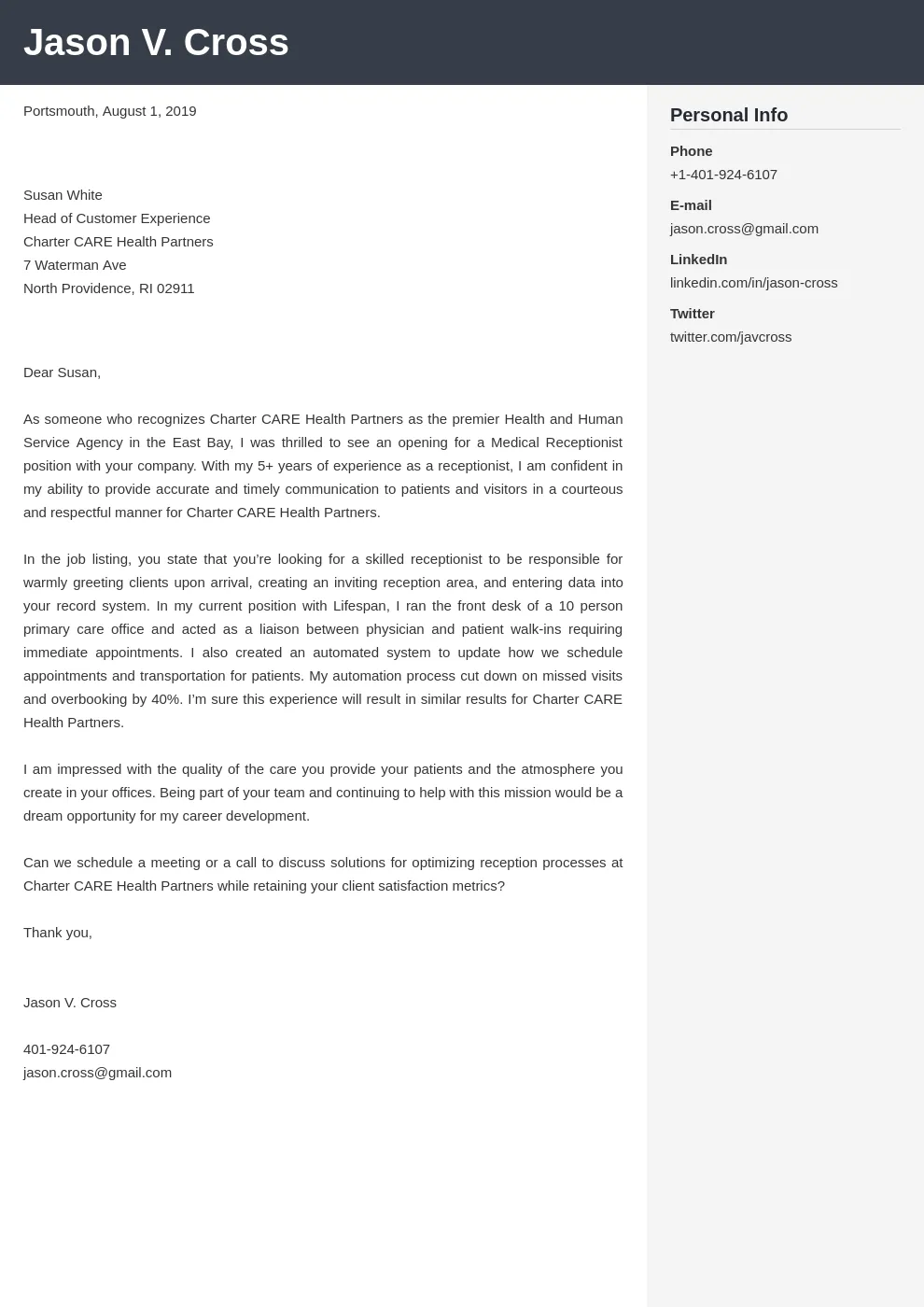
If you decide to include your address on a cover letter, it’s important to format it correctly to maintain professionalism. The way you present your contact information can significantly impact how your application is perceived. A well-formatted address demonstrates your attention to detail. This reflects positively on your application. Your address should be clear, concise, and appropriately placed on the document. The correct format ensures easy readability. It prevents any confusion. This is a critical component of your overall presentation. Always make sure your contact information is accurate and up-to-date. Follow standard conventions, and make sure your address looks professional. Presenting your address correctly is an easy step to boost your application’s impact.
Placement and Formatting
Your address is typically placed at the top left or right corner of the cover letter. The most common practice is to align it with your other contact information, such as your phone number and email address. Use a clean and professional font, such as Arial or Times New Roman, with a font size that is easy to read (10-12 points). Your address should be listed below your name and contact details. The address should be formatted in a clear, single-column layout. Make sure the layout is easy to read. Include your full street address, city, state, and zip code. It is not necessary to include the country unless you are applying for jobs internationally. Maintain consistent formatting. The entire layout ensures your contact information is easily accessible and professionally presented.
Contact Information
Include all necessary contact information with your address. This ensures that the employer can quickly and easily reach you. Start by including your full name at the top of the cover letter. Below your name, include your phone number and email address. These are the primary methods of contact that employers will use to reach you. Ensure that your email address is professional. Avoid using nicknames or informal language. Below your phone number and email, list your full street address, including the city, state, and zip code. Keep your contact information concise and easy to read. Making it easy for the employer to contact you increases the chances of a positive response. Always check your contact details to make sure they are correct before submitting your application.
The Modern Approach

In today’s job market, the modern approach to the address on a cover letter is evolving. While including your address can still be beneficial in certain situations, the trend is towards a more streamlined and digital-focused approach. This shift reflects the changing communication landscape and the increasing importance of online platforms. Modern practices emphasize the need for adaptability and flexibility. Staying informed about the latest industry trends is essential. Employers value efficiency and clarity, and the modern approach prioritizes these aspects. Understanding these shifts helps you make informed decisions about your cover letter. This allows you to present yourself in the best possible light. This increases your chances of landing an interview and securing your dream job.
In conclusion, the decision of whether to include your address on a cover letter depends on various factors. Consider the specific job requirements, your industry’s norms, and your personal comfort level. Including your address can boost professionalism and provide ease of communication. On the other hand, there are valid reasons to omit it, like privacy concerns. Understanding these nuances will empower you to tailor your cover letter for the best outcome. By considering these elements, you can navigate the job search with confidence. You will increase your chances of making a positive impression on potential employers. Always tailor your approach to each specific job and company to maximize your chances of success.
